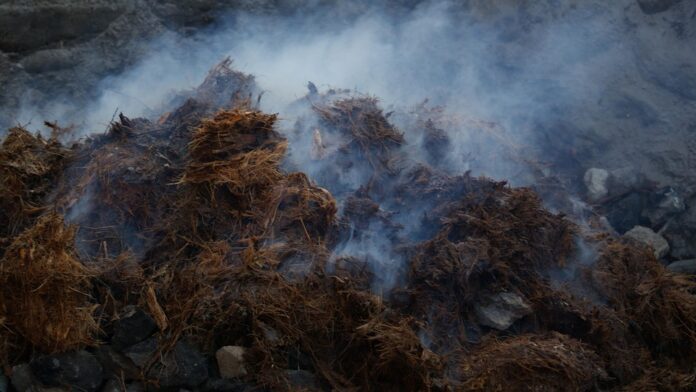Sustainability Challenges Impacting Wild Agave Harvesting for Mezcal
Introduction
In recent years, the popularity of mezcal, a traditional Mexican spirit made from the agave plant, has surged both domestically and internationally. However, this growing demand for mezcal has raised concerns about the sustainability of wild agave harvesting practices. This report will explore the sustainability challenges facing the wild agave industry and how they impact the production of mezcal.
Environmental Impact
Wild agave plants are crucial to the production of mezcal, as they provide the raw material for this artisanal spirit. However, unsustainable harvesting practices have led to a decline in wild agave populations, threatening the biodiversity of the region. Overharvesting can deplete the natural resources and disrupt the ecosystem, leading to soil erosion, loss of habitat for wildlife, and decreased water retention in the soil.
Economic Impact
The sustainability challenges facing wild agave harvesting also have significant economic implications for the mezcal industry. As wild agave populations dwindle, producers may face higher costs to source agave, impacting their profitability. In addition, consumers are becoming increasingly aware of environmental issues and may choose to support brands that prioritize sustainability practices. This could result in a loss of market share for producers that do not address these concerns.
Social Impact
The sustainability challenges in wild agave harvesting can also have social repercussions, particularly for the communities that rely on agave production for their livelihoods. As agave populations decline, local farmers and workers may face job insecurity and economic hardship. It is important for the industry to address these social issues and ensure that sustainable practices are implemented to support the well-being of these communities.
Industry Response
Recognizing the importance of sustainability in wild agave harvesting, some mezcal producers have taken steps to address these challenges. For example, some brands have implemented reforestation programs to replenish wild agave populations and protect the ecosystem. Others have established partnerships with local communities to ensure fair wages and support sustainable farming practices. These initiatives not only benefit the environment but also contribute to the long-term viability of the mezcal industry.
Financial Data and Industry Insights
According to industry reports, the global mezcal market is projected to reach a value of $840 million by 2025, with a compound annual growth rate of 16.3%. This growth presents both opportunities and challenges for the industry, as demand for mezcal continues to rise. However, sustainability concerns are becoming increasingly important to consumers, and producers that fail to address these issues may face reputational damage and decreased sales.
Conclusion
In conclusion, the sustainability challenges facing wild agave harvesting for mezcal have wide-ranging impacts on the environment, economy, and society. It is essential for the industry to prioritize sustainable practices to ensure the long-term viability of agave production and the mezcal market. By implementing initiatives to protect wild agave populations, support local communities, and promote environmental stewardship, mezcal producers can mitigate the negative effects of overharvesting and safeguard the future of this beloved spirit.




